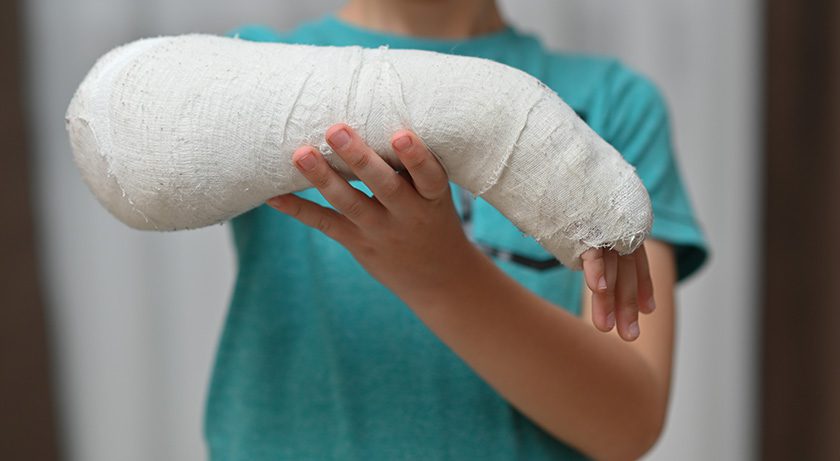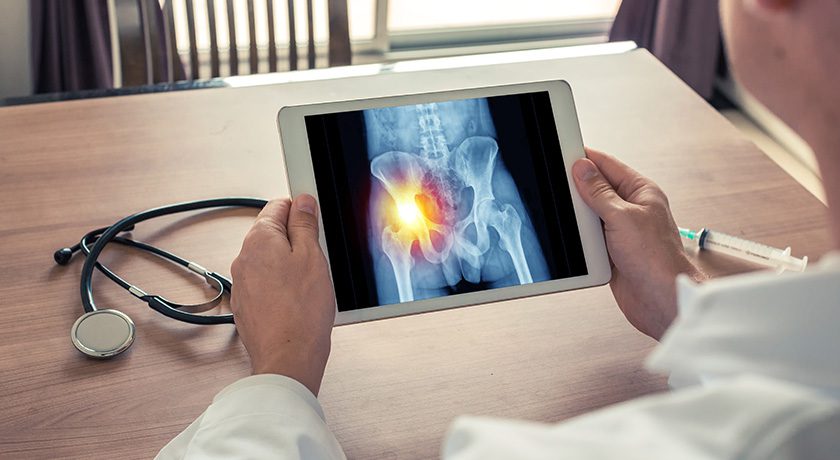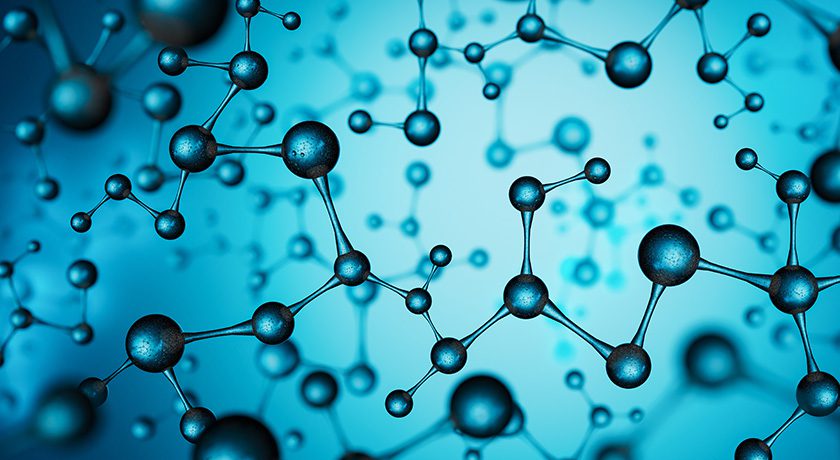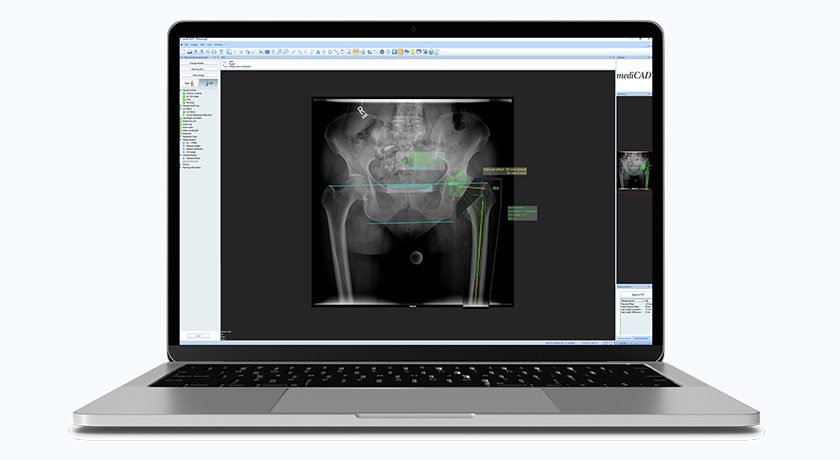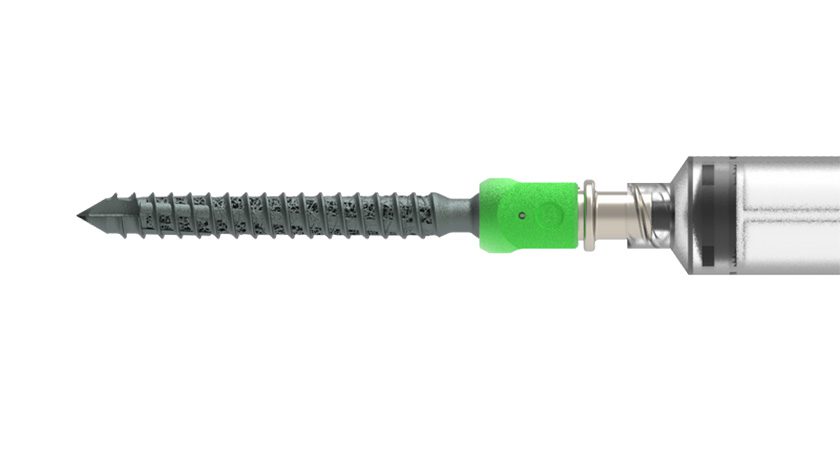
 Copy to clipboard
Copy to clipboard 
Study results indicate that CartiHeal’s Agili-C™ implant promotes the regenerative capacity of articular cartilage defects in a human cadaveric ex-vivo model.
The study, published in the Knee, Surgery, Sports, Traumatology, Arthroscopy Journal, confirmed the ability of chondrocytes to migrate outside of the cadaveric cartilage explant tissue and into the porous structure of the Agili-C scaffold, filling its entire volume with newly formed extracellular matrix (ECM) enriched in hyaline cartilage components, such as collagen type II and aggrecan, and lacking collagen type I.
The Agili-C device is a porous, biocompatible and resorbable bi-phasic scaffold made of interconnected natural inorganic calcium carbonate. It has been implanted in >400 patients to treat OA in the knee, ankle and great toe, ranging from single focal lesions to multiple and large defects.
Last month, CartiHeal announced successful enrollment and surgery of the 100th patient in a pivotal IDE study.
Sources: CartiHeal; ORTHOWORLD, Inc.
Study results indicate that CartiHeal’s Agili-C™ implant promotes the regenerative capacity of articular cartilage defects in a human cadaveric ex-vivo model.
The study, published in the Knee, Surgery, Sports, Traumatology, Arthroscopy Journal, confirmed the ability of chondrocytes to migrate outside of the cadaveric cartilage explant...
Study results indicate that CartiHeal’s Agili-C™ implant promotes the regenerative capacity of articular cartilage defects in a human cadaveric ex-vivo model.
The study, published in the Knee, Surgery, Sports, Traumatology, Arthroscopy Journal, confirmed the ability of chondrocytes to migrate outside of the cadaveric cartilage explant tissue and into the porous structure of the Agili-C scaffold, filling its entire volume with newly formed extracellular matrix (ECM) enriched in hyaline cartilage components, such as collagen type II and aggrecan, and lacking collagen type I.
The Agili-C device is a porous, biocompatible and resorbable bi-phasic scaffold made of interconnected natural inorganic calcium carbonate. It has been implanted in >400 patients to treat OA in the knee, ankle and great toe, ranging from single focal lesions to multiple and large defects.
Last month, CartiHeal announced successful enrollment and surgery of the 100th patient in a pivotal IDE study.
Sources: CartiHeal; ORTHOWORLD, Inc.

You’ve reached your limit.
We’re glad you’re finding value in our content — and we’d love for you to keep going.
Subscribe now for unlimited access to orthopedic business intelligence.
JV
Julie Vetalice is ORTHOWORLD's Editorial Assistant. She has covered the orthopedic industry for over 20 years, having joined the company in 1999.


